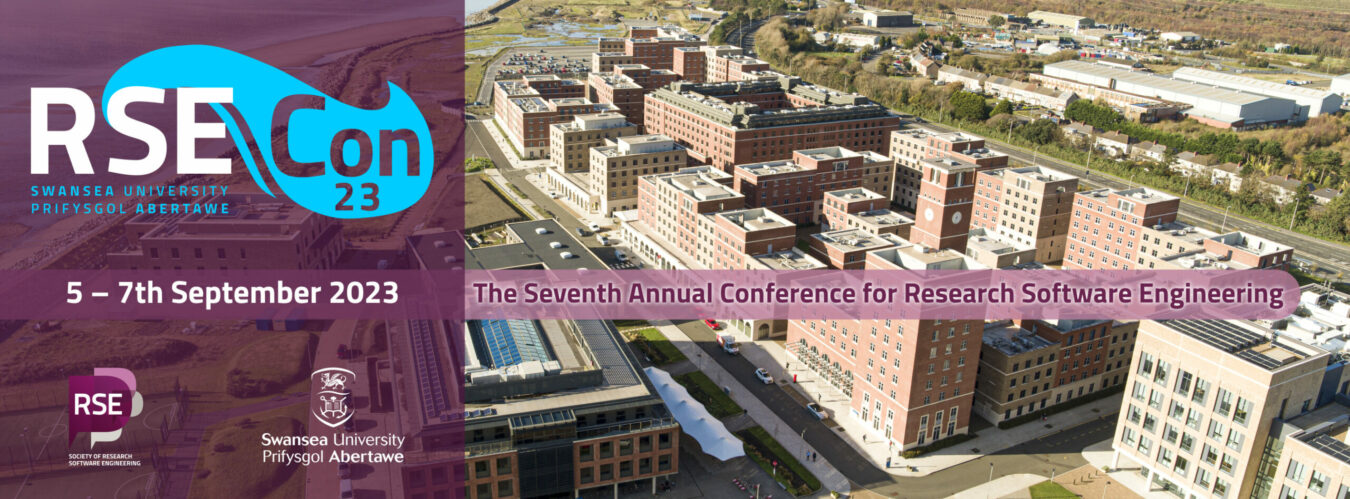Audience-led panels are question-and-answer sessions focussed around a specific topic. Panels involve a panel chair, an optional panel scribe, and between 3-5 panellists. The format should be a set of questions that will be asked of the panellists, before opening the floor to questions and discussion involving the audience. Compared to a presenter-led panel, at least half of the time should be dedicated to questions or discussion incorporating audience contributions. Panels will last 50 minutes.
Planning your submission
Audience-led panels focus on both sharing the panellists’ experiences, and engaging with the interests of the audience. Compared to talks which should usually come to a conclusion within the available time, good panels frequently deal with issues too large to ever be fully encompassed in a finite time slot; the direction set by the audience focuses down on a smaller area. That said, panels should discuss related issues around a focussed topic that will likely be of interest to the wider Research Software Engineering community. For examples of past panel topics, see the RSECon19 UK panel schedule.
Note that this conference is a hybrid event and participants will be able to attend your panel remotely. It is expected that panels should provide an equivalent experience for online and in-person participants – we will provide guidance for accepted submissions. We may not be able to broadcast video of the panellists from all rooms and may be limited to audio and any slides you or your panellists present, for example a biography slide.
When submitting your proposal for a panel you will need to consider:
- Title and abstract: Make this informative and eye-catching as this will be used in the conference programme.
- Audience: Would your target audience be required to have any prerequisite skills/background knowledge e.g. knowledge of a particular language or software package?
- Outcomes: How will your attendees benefit from your session? What do you expect them to gain/learn?
- Questions: How will you divide time between initial discussion questions from the chair and opening to the floor for questions from the audience? If the primary focus will be discussions directed by the chair, then consider submitting a presenter-led panel instead.
- Panel diversity: Will your panel’s composition reflect the diversity of the RSE community and wider world? For example, how will you ensure that the panel does not represent a single gender or ethnicity?
- Accessibility: Accessibility guidance is available to help you make your panel successful. Some key pieces to consider are:
- Have you thought about how accessible your session will be to a diverse conference audience (i.e. different skill sets, different work backgrounds)?
- Will someone who views a recording of your event be able to contact you in future?
You can also use automated accessibility checking tools to help ensure that you haven’t missed anything.
Note at this stage that you only need to suggest a panel topic and nominate yourself as a panel chair. You don’t yet need to identify the scribe or panellists. Feel free to ask us if you want any suggestions or help to find volunteers.
Wider dissemination after the conference and licensing
Ideally, the panel scribe should record notes from the panel. The scribe and chair should use these to create a short write-up, e.g. as a blog post, which is submitted to the Society shortly after the close of the conference. This write-up will be published on the Society website. This is encouraged, but not a requirement.
Slides and other presentation materials will be published on the conference website, and recordings will be shared via YouTube.
All material will be shared under the Creative Commons Attribution (CC BY) licence unless an alternative open licence is agreed in advance with the conference committee. Recordings, subtitles, slides, write-ups, and any additional Q&A will also be made available via Zenodo.
Mentorship
We are happy to provide mentors who can help you put together your session. Mentors can help by reviewing draft slides, listening to a rehearsal, providing advice on making material engaging, reviewing adherence to accessibility guidelines, advising on hybrid delivery, etc. You can let us know if you would like a mentor if you are accepted.
